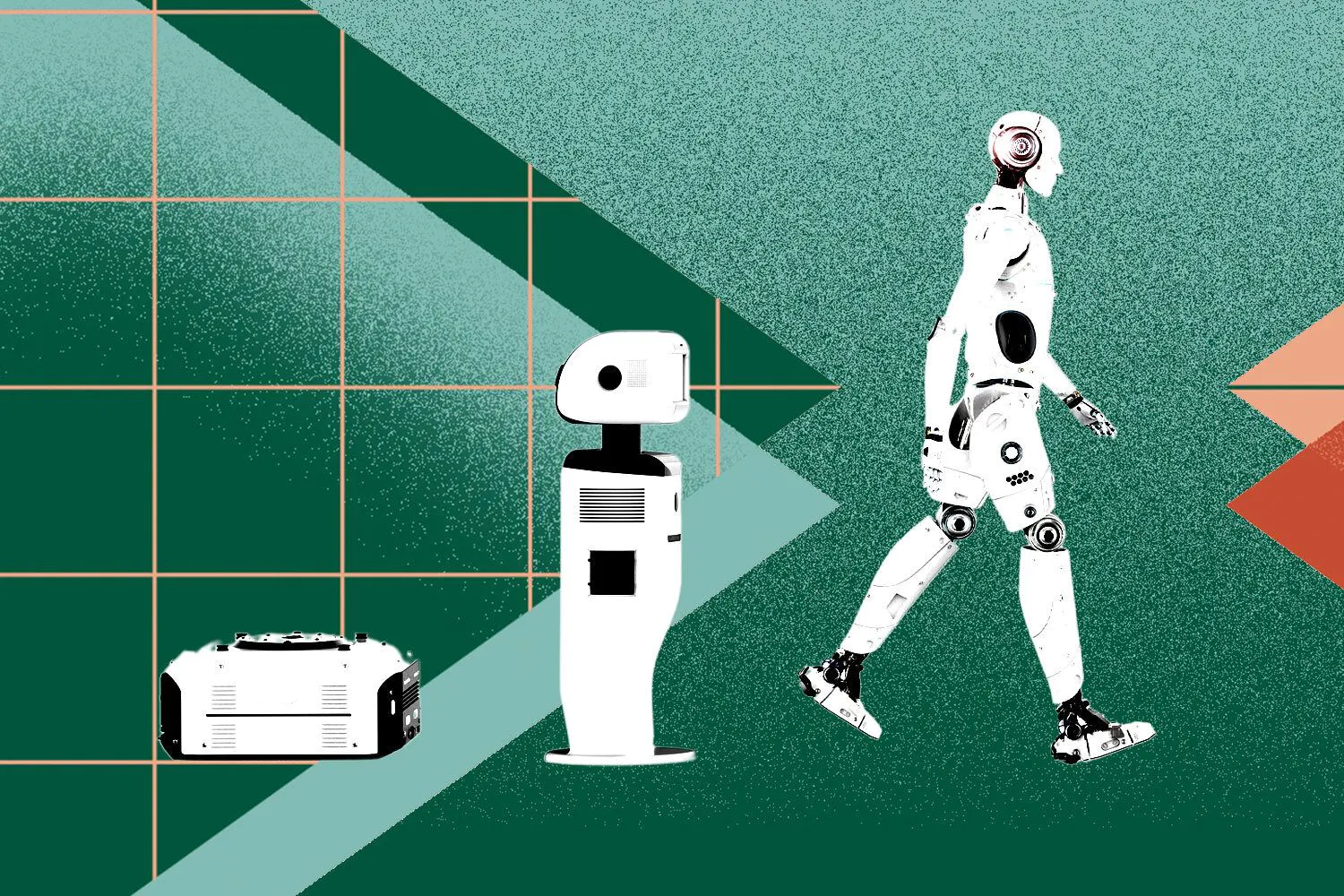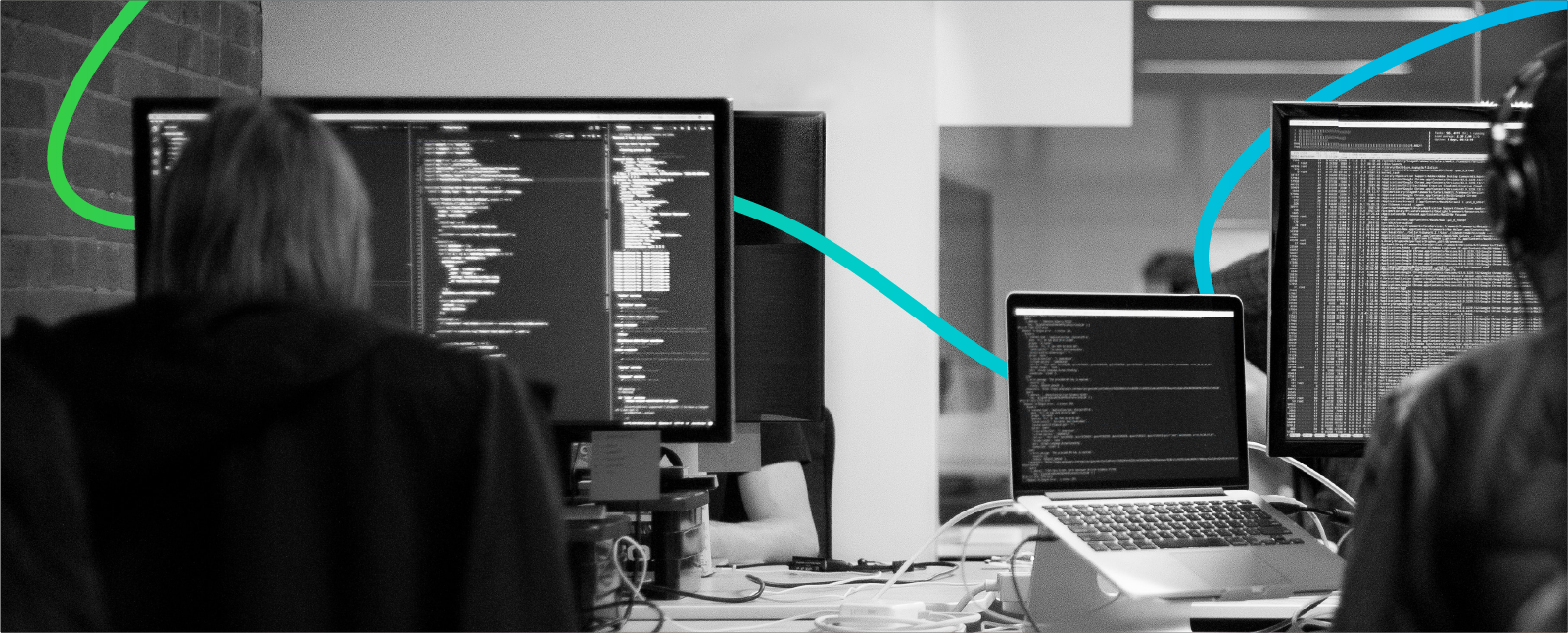Flexibility – For a lot of white-collar workers, the old model of clocking in and out wasted people’s time. Employers should have more flexible scheduling arrangements, which allow workers to better integrate their work with other interests and obligations like childcare, as long as the work gets done.
When it comes to designing the future of work, one size fits none. Discovering success isn’t about a hybrid model or offering remote work options. Individuals and organizations are looking for more freedom. The freedom to choose the work model that makes the most sense. The freedom to choose their own values. And the freedom to pursue what matters most. We reached out to successful leaders and thought leaders across all industries to glean their insights and predictions about how to create a future that works.
As a part of our interview series called “How Employers and Employees are Reworking Work Together,” we had the pleasure to interview John Winner.
Since founding his first business at age 13, Kizen CEO John Winner has laser-focused his efforts on building companies that empower teams to innovate faster and accelerate profitable growth through next-gen technologies. He co-founded Kizen out of his belief that great products and people can coalesce to advance humanity. Prior to his current endeavor, John co-founded and served at the helm of management consultancy Scientific Marketing Group. Under his leadership, the firm served over 50 companies, helped launch four multimillion-dollar brands, and generated profitable revenue for enterprise companies, rapid-growth startups, and main street businesses, alike.
Thank you for making time to visit with us about the topic of our time. Our readers would like to get to know you a bit better. Can you please tell us about one or two life experiences that most shaped who you are today?
My first entrepreneurial experience-biking around our neighborhood in South Florida at age 13 helping people set up and troubleshoot their first computers–taught me the essentials of starting and running a business. It also taught me the power happy customers can have when they sing your praises to their friends and how much fun it can be to help people.
A second major life experience is ongoing: our current stage of hypergrowth at Kizen. We’re scaling a great company and building a culture that can endure. It’s an exciting, memorable time for our whole team.
Let’s zoom out. What do you predict will be the same about work, the workforce and the workplace 10–15 years from now? What do you predict will be different?
From now through eternity, businesses will need to have an obsessive focus on meeting customers’ needs and creating amazing workplace cultures to attract the best people. We will be focused on facilitating great collaboration, emphasizing communication and kindness. Workplace norms have come a long way in these areas, and they will remain high priorities.
The differences really excite me. We will see an incredible increase in the caliber of technology that workers of all types will have at their disposal. Specifically, workers from the front lines to the board rooms will have access to their own personal, intelligent virtual assistant. This will unlock more productivity and, in turn, more prosperity and abundance.
What advice would you offer to employers who want to future-proof their organizations?
Companies need to be making substantial investments in real-time, unified data. It’s the fuel for everything from intelligent virtual assistants to smart automation, accurate insights, and machine learning.
These technologies are going to unleash tremendous increases in productivity and profitability while making life better for workers and delivering better outcomes for customers. But, per Accenture, only seven percent of companies are currently on track to implement these next-gen technologies – so there is a lot of work to be done.
What do you predict will be the biggest gaps between what employers are willing to offer and what employees expect as we move forward? And what strategies would you offer about how to reconcile those gaps?
I’m optimistic and hope that there won’t be any significant gaps over the long term. However, the hot topic today is the return to the office which certainly does seem to be creating conflict in some companies.
To avoid any gaps between employers and employees, I’d recommend 3 principles:
- Determine what is best for your company vision and customer – Open communication to align on what you’re building together as a company and determine what is needed in order to fulfill customer and team culture needs.
- Utilize team-specific rules – Industry leaders like Google have rightly emphasized flexibility. They’re allowing managers to work with their team on the best policy for them to maximize their productivity.
- Agree to transparent metrics and communication – Agree to a fair way to track the work being done in each role, making it easy and transparent to measure productivity wherever someone is working. This is very easy for some roles, while more complex for others.
We simultaneously joined a global experiment together last year called “Working From Home.” How will this experience influence the future of work?
Post-Covid, I believe we’ll see a majority of roles being hybrid, while a small amount will be fully remote or in-person. It’s also clear more teams are open to fully-virtual team members, which allows companies to hire people working anywhere-not just in the cities they have offices.
These changes will require a continued emphasis on great technology to connect teams that are increasingly working together without being in the same location. Overall, I believe that with the right technology and team norms, we will see a renaissance in productivity.
We’ve all read the headlines about how the pandemic reshaped the workforce. What societal changes do you foresee as necessary to support a future of work that works for everyone?
One societal shift is well underway: a shift in the power of team members. As a CEO, I see it as my primary responsibility to put my team first and make sure they’re taken care of. When you take care of your team, they take care of your customers, and profits follow.
This shift should reorient everything about a company. In my line of work, we develop technologies around people – the stakeholders. When we work to put people at the center, we enable more productive and fulfilling work for everyone and generate even better results for the customers and shareholders.
What is your greatest source of optimism about the future of work?
Every year, humanity is collectively getting smarter and solving more and more of the challenges we face. I think every generation has an obligation to take this work forward. We’re inventing new cancer treatments, reducing global hunger and extreme poverty. From just 2010 to 2019, the percentage of workers worldwide living in extreme poverty was cut in half. That’s exciting.
I recommend a book by Matt Ridley called “The Rational Optimist,” which traces how economic and societal developments drive prosperity and improvement. I think we can all find motivation in the fact that the teams we are a part of – whether in a government, business, or humanitarian organization-play a role in driving this progress forward.
Our collective mental health and wellbeing are now considered collateral as we consider the future of work. What innovative strategies do you see employers offering to help improve and optimize their employee’s mental health and wellbeing?
At Kizen, our team’s mental health and wellbeing is one of the most vital parts of our business.
Our guiding principle is we want our team to have an amazing life. We spend a lot of time working so having a great relationship with work contributes to that in a big way. That’s why I believe it is one of our challenges to build dream jobs for our team members.
Some strategies we utilize include:
- Clear expectations and career paths – people always appreciate knowing where they stand and where they’re tracking towards their upcoming goals. This also seriously decreases stress.
- Flexible work schedules – our teams agree to core hours and have the flexibility to mold work around their lives. We see this leads to greater satisfaction in both areas of life.
- Gym benefit – making it easier for employees to develop healthy habits.
- Real time-off – Making sure that when it’s time for a vacation, team members can hand off their responsibilities, disconnect, leave their work phone in the drawer, and come back recharged.
- A company-wide week off in the summer – I borrowed that great idea from LinkedIn.
It seems like there’s a new headline every day. ‘The Great Resignation’. ‘The Great Reconfiguration’. And now the ‘Great Reevaluation’. What are the most important messages leaders need to hear from these headlines? How do company cultures need to evolve?
NPR’s Planet Money used a term I find most accurate: “the Great Renegotiation.” It highlights the truth that workers aren’t just quitting to quit, but leveraging their bargaining power to get better – better pay, better benefits, more fulfilling roles. Leaders should know that this new paradigm for attracting and retaining workers isn’t going to go away.
The best way to stand out is to build dream jobs. Lots of companies build awesome things; leaders should differentiate by taking care of their teams and shaping great jobs that support a fulfilling life.
Let’s get more specific. What are your “Top 5 Trends To Track In the Future of Work?”
- 360° leadership – The future of workplace leadership is caring about the whole person. This means making sure that every aspect of their work experience is geared toward helping them create an amazing life.
- Virtual Assistants for Work – Companies of all sizes are awash with data and technology, but few are extracting anything close to their full value. With the birth of virtual assistants, however, we’ll start to see companies use and listen to their data and information more effectively. An AI-enabled virtual assistant, for example, could listen in on a meeting and perform mundane follow-up tasks, extract insights from raw data, and free up workers to be more efficient and dedicate more time to creative work.
- Flexibility – For a lot of white-collar workers, the old model of clocking in and out wasted people’s time. Employers should have more flexible scheduling arrangements, which allow workers to better integrate their work with other interests and obligations like childcare, as long as the work gets done.
- Collaborative Career Planning – Workers don’t need report cards. They need regular, collaborative, personalized conversations about what their goals are and how they can best work toward achieving them. When individual team members become more valuable, the company becomes more valuable. Constructive feedback will always be an integral part of a healthy workplace, but the dry tradition of performance reviews should be replaced with collaborative career planning.
- Greater Work-Life Harmony – As technology continues to increase the productivity of workers in every profession, I believe we’ll see greater worker benefits and balance – potentially even worldwide adoptions of 25–30 hour work weeks.
I keep quotes on my desk and on scraps of paper to stay inspired. What’s your favorite “Life Lesson Quote”? And how has this quote shaped your perspective?
Aristotle said “We are what we repeatedly do. Excellence, then, is not an act, but a habit.”
I translate that as excellence being a series of carefully chosen habits.
Achieving great things in our personal and business lives requires dedication and consistency. Thinking about the habits that need to be established to lead to the outcomes we want as a company, or I want in my personal life, has always been valuable thinking for me.
We are very blessed that some of the biggest names in Business, VC funding, Sports, and Entertainment read this column. Is there a person in the world, or in the US, with whom you would love to have a private breakfast or lunch, and why? He, she, or they might just see this if we tag them.
Brené Brown is one of my favorite psychology experts. She has some fascinating thoughts on the future of humanity, interpersonal engagement and work. I’d love to meet her.
Our readers often like to continue the conversation with our featured interviewees. How can they best connect with you and stay current on what you’re discovering?
You can catch up with me on Twitter @JohnWinner or follow me on LinkedIn.
Thank you for sharing your insights and predictions. We appreciate the gift of your time and wish you continued success and good health.







